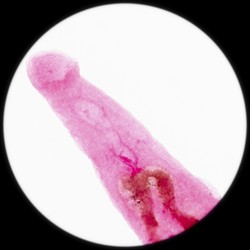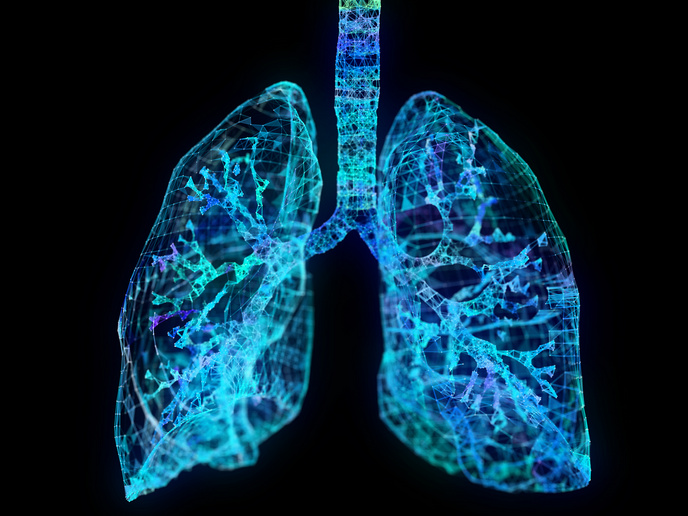Advanced diagnostics for tropical diseases
Tropical diseases such as trypanosomiasis, leishmaniasis and schistosomiasis are considered as NIDs because they receive minimal funding for research. Clinical management and treatment of these diseases in endemic countries is not evidence-based nor does it utilise state-of-the-art technology. In Africa, a significant proportion of patients admitted with neurological symptoms, have central nervous system (CNS) infections but the specific microbial aetiology is only identified in half of these cases. Neurological admissions could be related to HIV infection or an NID that if untreated could cause significant morbidity and mortality. These challenges also apply for the diagnosis of tropical fever and persistent digestive disorders. To address this, the EU-funded NIDIAG(opens in new window) (Syndromic approach to neglected infectious diseases (NID) at primary health care level: An international collaboration on integrated diagnostic-treatment platforms) initiative brought together experts in clinical epidemiology and diagnostics development to introduce technological innovations in diagnostics for NID-related clinical care. Their work focused on the association between NIDs and the manifestation of neurological symptoms, persistent fever and digestive disorders in Africa and Asia. As a first step, partners performed an epidemiological assessment of relevant NIDs and their causes. Results revealed a high frequency (35 %), diversity and severity of infectious diseases among patients with neurological disorders. In addition, the spectrum of pathogens implicated in the digestive syndrome varied widely across different settings. With respect to diagnostics development, the consortium first evaluated the existing diagnostic capacity in the participating NID-endemic countries. Two new rapid diagnostic tests (RDTs) were developed for second-stage human African trypanosomiasis and visceral leishmaniasis. This RDT exhibited an unprecedented capacity to detect relapse and predict progression from infection to disease. The RDT for African trypanosomiasis is currently promoted by the World Health Organisation as a policy for disease control. Considering the global public health problem imposed by NIDs, improving diagnostic accuracy is of crucial importance for determining the most effective treatment. At the same time, efficient diagnosis constitutes a powerful means of limiting overuse of antibiotics, thus, restricting the emergence of antimicrobial resistance.







